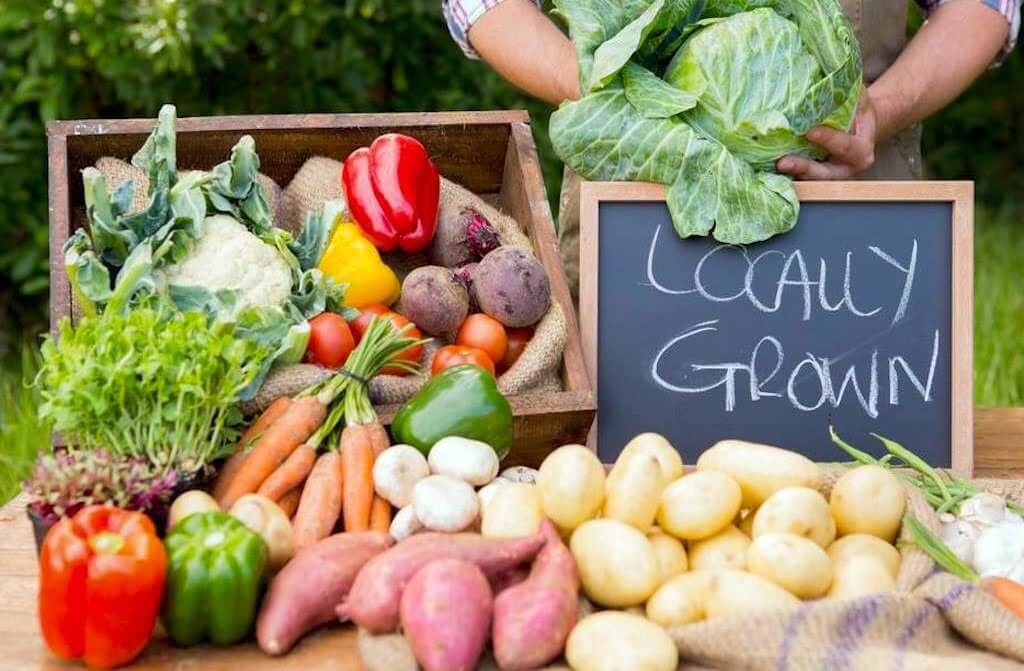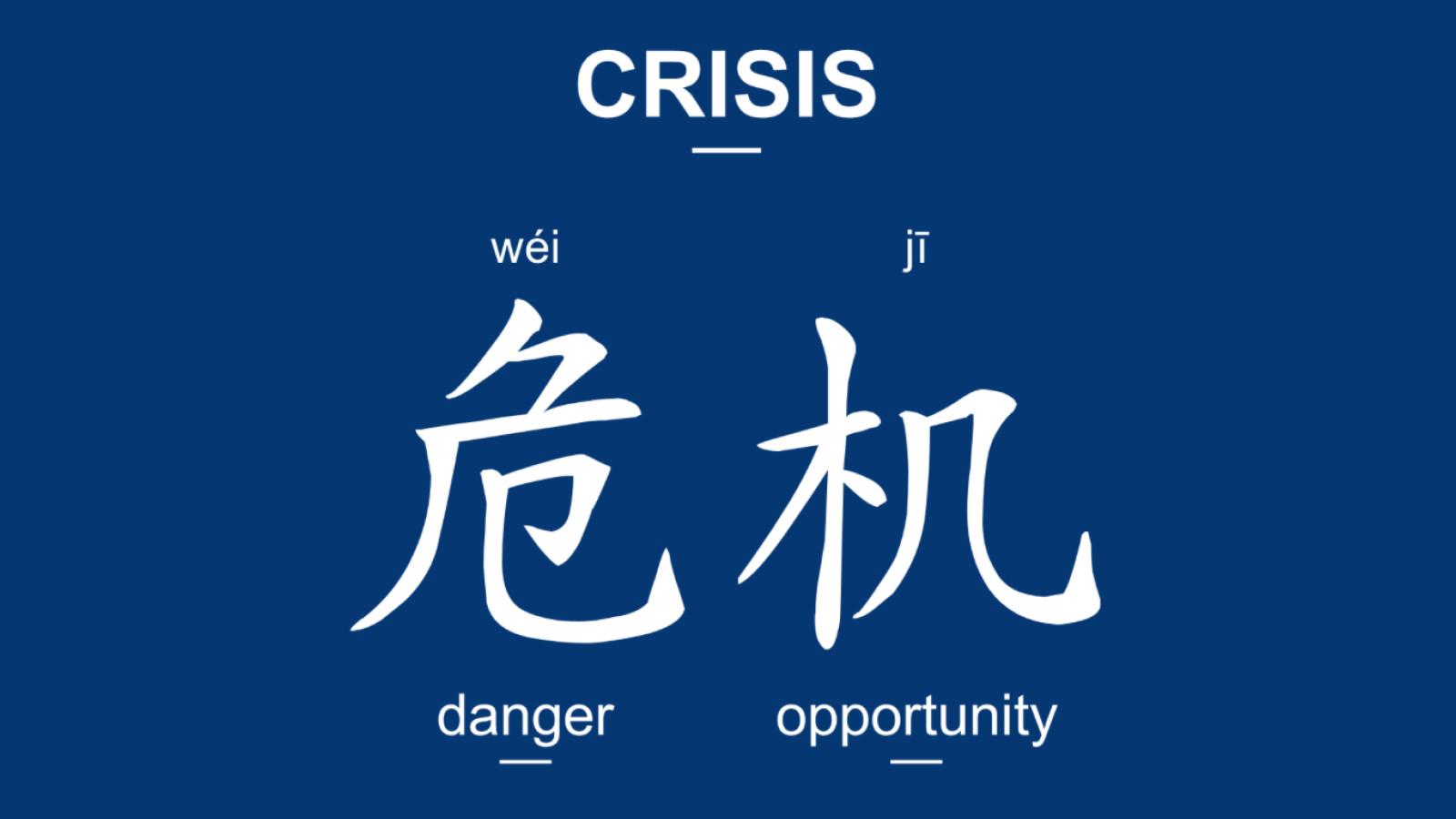Livin' the dream, but keepin' it green...
Remote working and 'digital nomadism' isn't a new concept but it is becoming more widespread among the masses. With technology advancing and this way of living going a bit more 'mainstream', more and more people are taking their laptops on the road.
But, as with anything there's an associated burden that comes with it. Add that to all the chat and angst about overtourism, this all feeds into this whole increasingly distressed animal.
Sustainability isn't just a buzzword associated with a clean planet and green practices. Although they do go hand in hand, being sustainable can be about a whole lot more and something we can all contribute to (without compromising our values or enjoyment).
So time to get conscious and see what we can do to help things along, and at the very least minimise any damage that may come as result of our changing work and life patterns. And not just that, how can the role of the so-called Digital Nomad be an overwhelming positive for all concerned and not a scourge on the communities on the receiving end, and the planet at large.
8 Tips for the Discerning Working Traveller
Travel Mindfully & Rethinking Mobility
Mindfulness is another one of those buzzwords that can be overused but it is a fundamental to improving your mental wellbeing and can be applied in all manner of situations, not least travel. Awareness and acting upon it could be another way of putting it.
Slow travel over frequent flights
Staying longer in each destination rather than hopping from country to country every few weeks is a good start. Many 'nomads' have found this to be better (less tiring and more fulfilling anyway).
Once you get all that novelty, box ticking and speeding around out of your system, you may naturally head that way. Here we're talking about being conscious doing it. Better for your experience and the planet at large.
And if you have work to be getting on with, then being in one place where you know what's what will help on that side too.
Choose lower-carbon transport
Opting for trains, buses, and car shares over short-haul flights whenever possible. I'm not suggesting cutting out flights as it often makes sense and going all out isn't always the best way. But finding a balance and tying it in with your shcedule is worth looking at.
Offset emissions responsibly
Look in to investing in credible carbon offsetting programmes. Be discerning and always look at reduction first and offset where it makes sense and with suitable entities.
 Source
Source
Eco-Friendly Accommodation Choices
Green-certified stays
Be on the look out for eco-lodges, sustainable hostels, or hotels with certifications (eg. Green Key, LEED).
Support local guesthouses/Airbnbs
AirBnBs come in all shapes and sizes and some are better than others so do your research. Find smaller and locally owned guest houses and other accommodations which reinvest in the community, not feed an outsider's already fat pocket which goes elsewhere.
Energy & water saving
Be mindful of electricity and water use as ever. Could be shorter showers (and less often shock horror), switching off AC and other appliances etc.
Work Sustainably on the Road
Energy-efficient tech
Use laptops with good battery efficiency, minimise printing, and recycle old devices responsibly. Getting good tech can be a matter of cost and convenience, but where possible get the best for your needs as well as fits in with these principles.
Choose coworking spaces with green practices
There's many a co-working space out there, and are wide-ranging in their offerings and ethos. Spaces that encourage recycling, renewable energy and community events are great to get involved with, not least for the ripple effect that fosters.
Digital decluttering
Reduce data storage. Server farms consume vast amounts of energy and that can be easily overlooked as we tap away at our keyboards. Anything that removes excess is good... may also help with finding things and the speed of your devices!
Eating with a Conscience
Eat local and seasonal
Support farmers’ markets, local cafés, and restaurants sourcing nearby produce. Again, you're contributing to the local community and being healthy whilst you're at it.
Reduce meat & fish consumption
Another one not to get too militant about but being aware of and taking in a particular direction. Uness you genuinely want to be, there's no need to become a vegetarian or vegan but a little less meat will probably be good for you and the wider world.
Be aware of overfishing or unsustainable farming in host countries... but also support the good ones.
No need to throw the baby out with the bath water, just being a little more mindful is the nature of this piece (the jury is still out on a lot of this stuff).
Carry reusables
One most of us do to a large degree these days anyway. Everyone seems to carry a reusable bottle of water of some variety. This can be taken further with a cutlery set, coffee cup and all sorts to reduce single-use plastics.
Supporting Local Economies
Spend locally
Partly covered earlier. Nothing wrong with a MaccyD's or such like now and again... they're sometimes a god-send in certain circumstances. But you obviouly want to cast your net most of the time to the independent shops, eateries and other services over international chains.
Respect cultural sustainability
Learn about local traditions and support artisans rather than mass-produced souvenirs. Get in amongst it, find out about the crafts and the generations its passed through. There's always an interesting story to be had, a unique product and all helping the place you're in.
Volunteer or contribute skills
If you have something to offer and the time and inclination to do so, then why not? Could be fun and a growth experience for you, help others and the community at large. Free workshops, language exchanges and skill-sharing are all things to consider.
 Source
Source
Digital Nomadism & Social Impact
Be mindful of gentrification
Another modern buzzword!
Whether you think it's a good or bad thing (or has elements of both), 'gentrification' is happening in a number of places. Nomads can unintentionally drive up rent in popular destinations (you've seen the Facebook posts, right?).
People don't mean to but if they have more income from their home country and happy to spend, supply and demand naturally hikes the prices and locals are unable to compete. It's a lose for everyone.
Consider coliving or staying outside tourist-heavy zones. Coliving is also all the rage these days although researching what works for you and the cost will be a factor.
Fair wages & ethics
If hiring freelancers or staff locally, pay fair rates and avoid exploitative practices. Treat people well and pay as good a wage as you can. That should be standard practice anyway and not to be forgotton based on your current location.
Cultural respect
Obvious, but as we know common sense ain't so common. Have a bit of respect (whilst keeping your own) and fit in to where you are. You don't have to do anything weird or go against your values, but blending in and being part of the scene isn't too much of an ask.
The phrase just don't be a dick covers a vast amount of this. Adopt a 'guest mindset' and dress appropriately, learn basic phrases if a foreign language and respect traditions.
Minimalist & Low-Waste Living
Pack light
Fewer belongings = less energy in transport and less consumption... and less energy for you lugging it about airports and metros.
Repair, reuse, recycle
Fix stuff instead of replacing it (where possible). You can donate or sell items when moving on.
Zero-waste swaps
Use solid toiletries, refillable bottles, and eco-friendly travel gear.
Building a Sustainable Nomad Community
Join eco-conscious nomad groups
There are plenty of online forums and coworking communities dedicated to green practices. Search Facebook, Meetup and any other social network or messaging app and you'll be good to go.
Share knowledge
Encourage peers to adopt sustainable habits and recommend eco-friendly businesses...
This one comes wth a warning though! Don't be one of those preachy pricks, no-one likes that. Share positively and respect others and lead by example. Then it's up to people what they do.
Collective action
Organise/attend beach clean-ups, tree planting or local sustainability workshops with fellow nomads. We can all chip in.
Instead of jumping on the bandwagon of what's wrong, let's look at the opportunity it presents for those people and companies it works well for and the positive impacts that can be created.
We can all tread lightly, and leave footprints that all are pleased to see and follow in our steps. With great change comes uncertainty and chaos. And with chaos there is always opportunity, and we are at the forefront of taking all these tools and scenarios and making everything better.
That's the idea anyway.
People can get carried away with all the whole sustainability and green arena (and there are forces using it to their not so wholesome ends), but even if you think it maybe being 'milked' somewhat for various agendas, there's nothing to stop you helping things along in the right way where you can and where it makes sense.
Taking responsibility for your contribution to how things tick, and the knock on effects of everything you do is in your hands and important to recognise and act upon.
As Digital Nomads (I've never really liked that term but here we are) and entrepreneurs, we're the people at the forefront of the changing world, the direction it goes in and the success (or destruction) that follows.
Oh yeah, and it's supposed to be fun too! Remember that ;)
Related: - Fallacy of Face Time: How the Workplace is Changing & Why It's Better for Everyone - New Work Order and the Environmental Benefits of Going Remote - Positive Reinforcement: The Key to Growth
Posted Using INLEO


